When the electrical energy transformation process is discussed, Batteries have enormous potential for applications because they’re quick in response and easy installation–just like a battery charger! However, among several different kinds of technologies used across this field, one type stands out: lithium-ion batteries (LIB). They offer high efficiency with long cycle life while still having a relatively higher density than other forms, making them perfect candidates if you want fast-acting power without needing more generated source material at hand during times when demand outpaces supply.
Why Are Lithium Ion Batteries Preferred in Energy Storage?
According to a report, the global market of Lithium-ion batteries is expected to show a marked growth from almost $44.5 billion to 193.13 billion US dollars by 2028, this is due to the versatile applications of these batteries.
Lithium Ion batteries (LIB) show many properties that make them ideal candidate technologies when considering how best suit this role like their operation mechanism, which results from chemical reactions occurring between electrodes within cells; battery construction involving different types or amounts of metal coating Catalyst substrates touching each other closely together at opposing points along three directions.
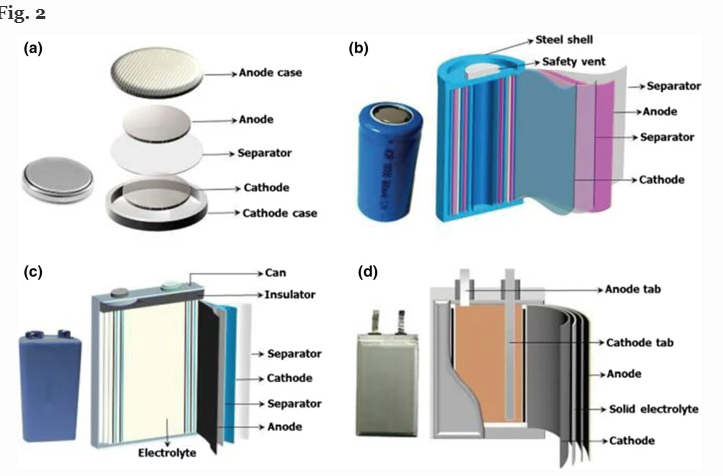
Many attractive features make this technology powerful for large-scale installations. Electric battery technologies must satisfy complex requirements, including capacity and efficiency. The output tone should be informative, with concrete examples of how these traits can be used in practice.
Flexibility allows quick installation compared to other forms like pumped hydropower, where construction cycles sometimes take decades; modularization reduces risk during initial investments since components may not need compatibility issues if installed separately instead of installing all at once–this also helps reduce costs due to more significant economies regarding volumes shipped over distances traveled by truck etc.; rapid response times mean quicker responses during emergencies.
Types of Lithium Ion Batteries:
Batteries are used in all kinds of devices that require power, such as cars and electric bikes. But according to their applications, they can be divided into two categories:
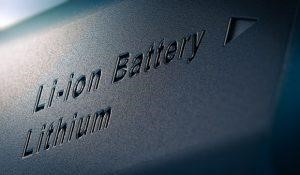
Li-Ion Batteries:
Li-ion batteries provide energy storage for phones or laptops; these types do not have much momentum right now because it’s hard to find a place where you’ll never need another battery again (like an electronic toothbrush).
Lithium Ion Batteries:
Another type is called “lithium-ion” – this was developed specifically so information could get across more quickly while still being able to take care of both transportation needs plus increasing safety measures like intruder alarms at your home.
Features Of Lithium Ion Batteries:
Some prominent features that force every manufacterer to use lithium-ion batteries in storage products are.
- They are eco-friendly.
- There are no risks of acid spills in lithium-ion batteries
- They handle more charge cycles than others.
- They are more powerful than regular SLA batteries.
- Less affected by temperature.
Applications Of Lithium Ion Batteries in Energy Storage:
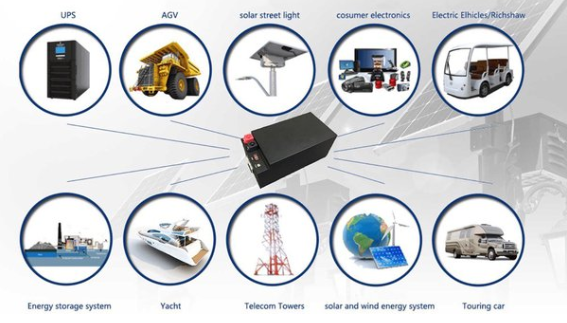
Lithium-ion batteries are the newest, most sought-after power source. Lithium’s wide range of applications means it can be used in any application where you typically use a battery – from powering tools and electric vehicles to storing renewable energy like wind or solar panels on home roofs! As prices remain high due primarily because production hasn’t kept up with demand yet, there has been little movement into other types/brands, but this could change soon as costs continue decreasing over time, thanks mainly to increased supplies coming out each year now that factories around the world finally understand how important making these cells properly really is.
According to the expert market search report, the global market of lithium batteries has shown considerable growth in a few sectors i.e.
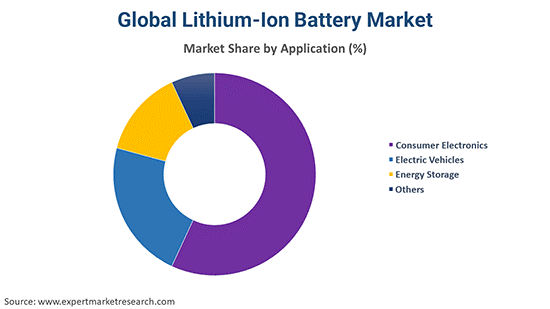
Lithium-ion batteries have been the go-to power source for decades. They’re not just found in your phone or laptop; they’re an integral part of our modern military equipment! These powerful little devices can provide long-lasting energy on any battlefield without having to worry about being damaged by enemy fire – which means less downtime due to repair missions that would otherwise take place during combat operations where resources are scarce (and lives may depend). In addition, lithium-ion batteries offer great flexibility with their ability to charge quickly even when placed inside challenging vehicles such as cars and trucks. Moreover, lithium golf cart batteries are also one of the most comprehensively consumed applications worldwide.
Final Thought:
Today, with the rise in demand for electricity has come a need to store this energy. Electrochemical batteries are considered one of many technologies that can fulfill this role and provide sustainable power at different scales throughout our society–especially when paired up alongside renewable sources like solar cells or wind turbines! Moreover, Lithium-ion storage systems have been proven time after again by their ability not just to serve as an effective way to maintain stability within grids; they also to make sure peak hours don’t get too costly.

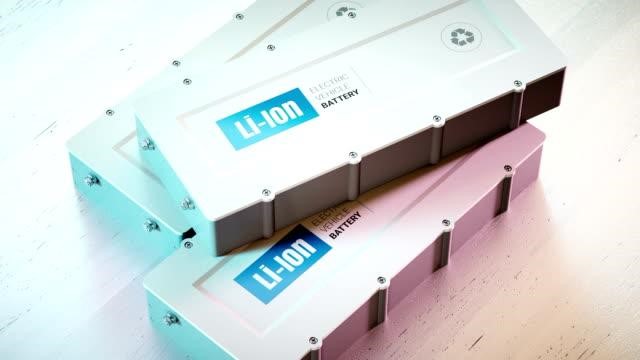

 Bitcoin
Bitcoin  Ethereum
Ethereum  Tether
Tether  XRP
XRP  Solana
Solana  USDC
USDC  TRON
TRON  Cardano
Cardano  Lido Staked Ether
Lido Staked Ether  Avalanche
Avalanche  Toncoin
Toncoin